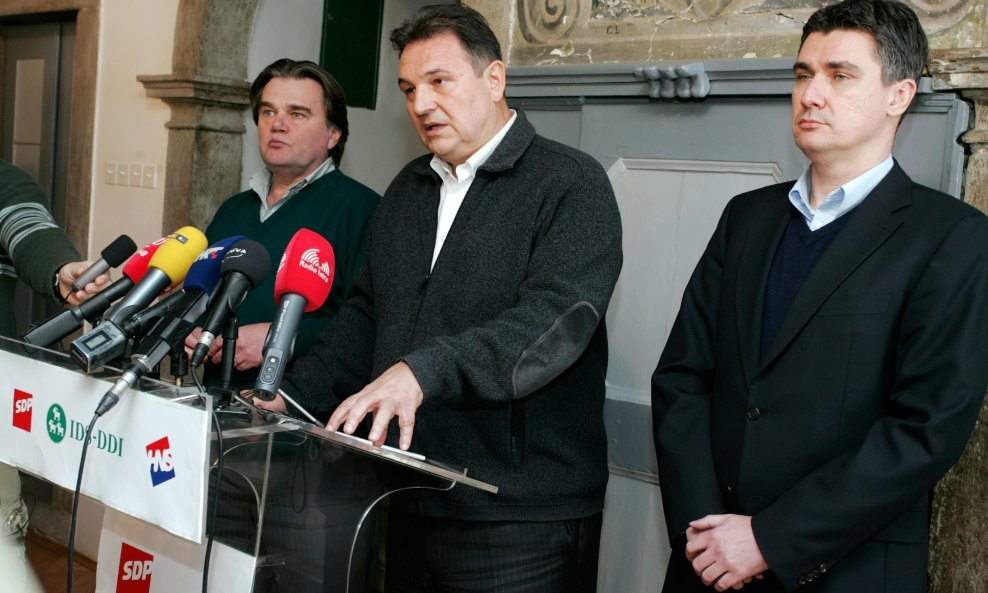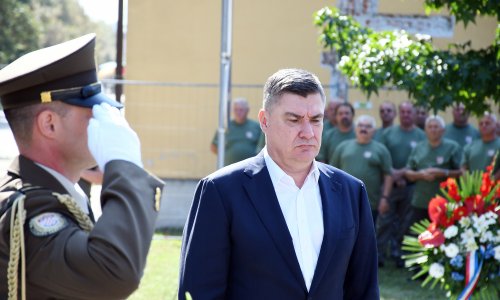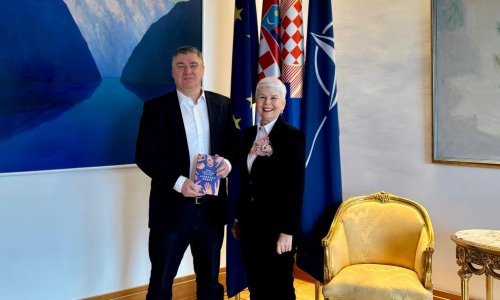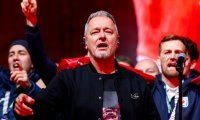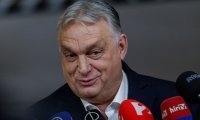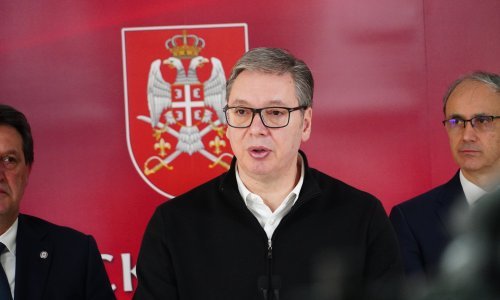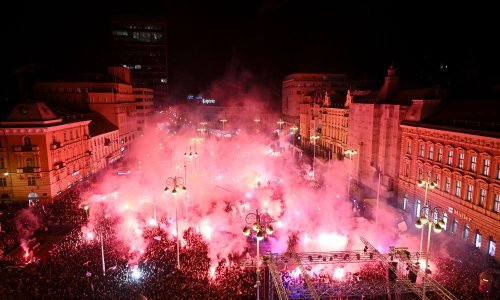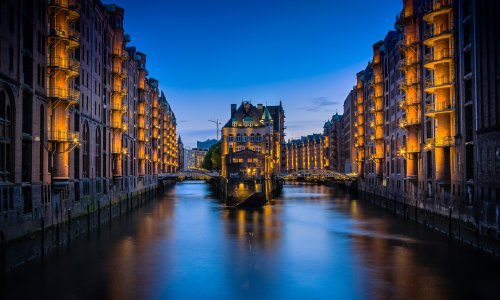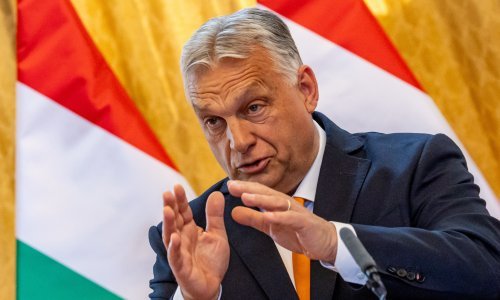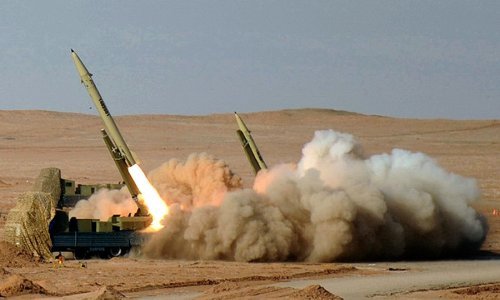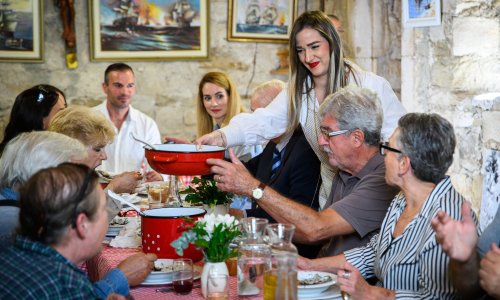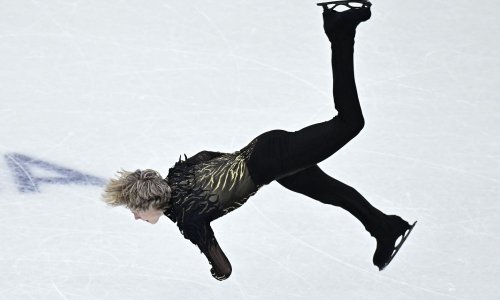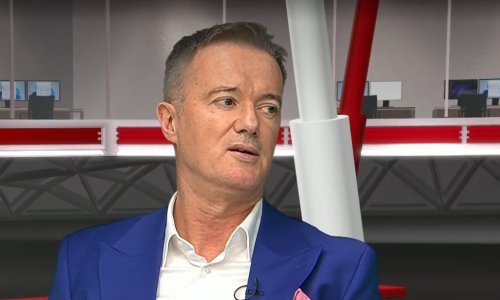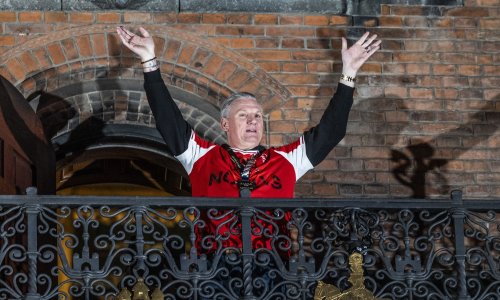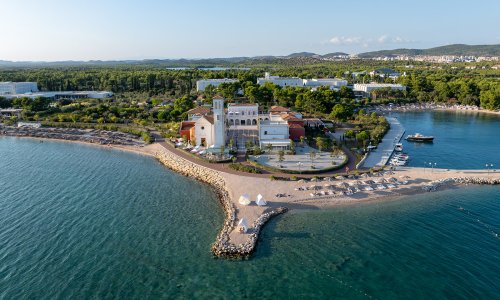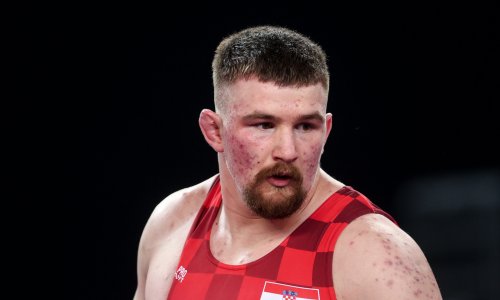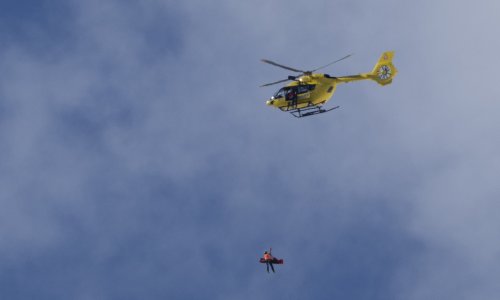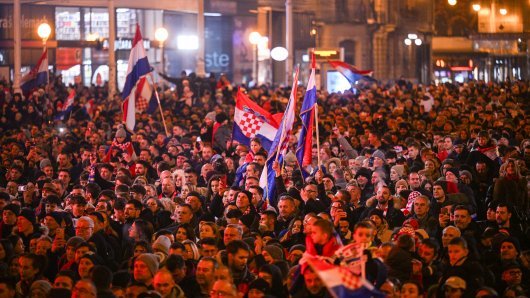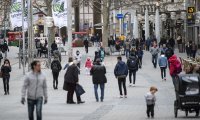The leader of the Social Democratic Party (SDP), Zoran Milanovic, said after talks with the leaders of the Croatian People's Party (HNS) and the Istrian Democratic Party (IDS) on Sunday that the three parties were not calling for early elections, but that they were ready for them.
"We are not urging elections, nor can we call them, but we are ready for them. That is why we are conducting serious talks and are ready to assume responsibility for making order in Croatia," Milanovic said in response to reporters' questions after the third meeting of leaders of the three opposition parties. This time they met in the eastern Istrian town of Labin.
"There is increasingly less order in Croatia and the government is responsible for that," the SDP leader said.
Answering a reporter's question about the statement by Croatian Prime Minister Jadranka Kosor and European People's Party (EPP) Secretary-General Antonio Lopez-Isturiz that it would not be wise to call early elections in Croatia at present, Milanovic said that nobody but Croatian voters could decide who should win elections.
"We are all members of international associations, we, too, are visited by senior foreign officials, even of higher ranking than the EPP Secretary-General. Foreign officials are always welcome, but they have to respect rules of conduct without lecturing voters about who they should vote for," Milanovic said, adding that bad communication would cause Europe to drift apart from Croatia.
Speaking of today's talks in Labin, Milanovic said that the SDP, the HNS and the IDS were agreed on the issue of decentralisation. The three parties agree that more funds, more powers, more autonomy and more responsibility should be given to local self-government units, he said.
He said that he regretted the fact that lately efforts were being made to draw attention exclusively to how many municipalities there were and how many of them should be abolished.
IDS leader Ivan Jakovcic said that along with Greece, Croatia was the most centralised country in Europe and that such a system was no longer sustainable, adding that almost 90 percent of budgetary revenues ended up in central state institutions.
"We have made it our goal to, when possible, change the existing laws in line with the current Constitution, to the benefit of local and regional self-government units, so that their share in budgetary revenues could double to 20 percent," said Jakovcic.
HNS leader Radimir Cacic said that the structure of revenues of local and regional self-government units should be changed to increase original revenues. Cacic believes that the central state authorities "are constantly politically blackmailing local authorities" and that original revenues should provide local and regional self-government units with the opportunity to strategically plan their own development.
Asked what the three parties would do first if they came to power, Milanovic said that they would first thoroughly analyse the state treasury and public finances.
Speaking of the government's plan to abolish a two-percent extra tax rate on salaries and other incomes, HNS leader Cacic said that the government was bluffing.
The leaders of the three opposition parties were approached in Labin's central square by activists of local environmental organisations who oppose the operation of the Rockwool factory in the nearby municipality of Pican.



